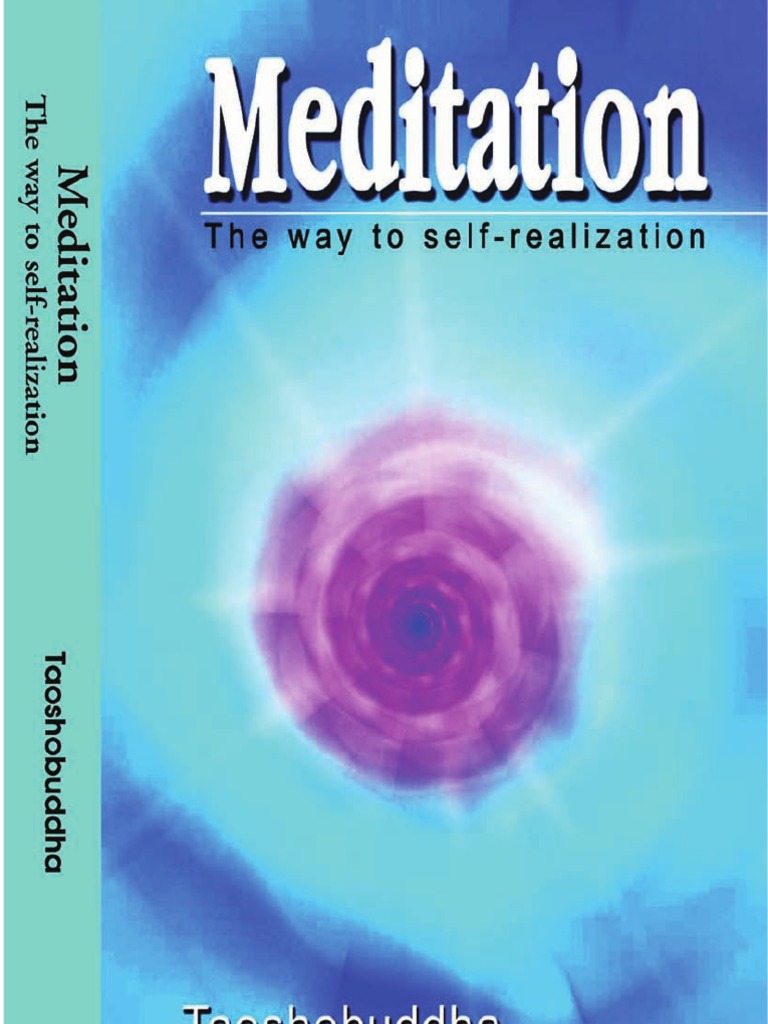The Bahá’í Faith emphasizes the development of the self through an intricate interplay of prayer and meditation. These spiritual practices are cornerstones for personal growth, enhancing the connection to the Divine while facilitating inner transformation. The teachings of Bahá’u’lláh illustrate the significance of these practices as vital instruments for negotiating the complexities of human existence and nurturing the soul.
At the heart of Bahá’í practice lies the understanding that prayer is a profound dialogue with God. It is a means through which individuals can express their innermost thoughts, frustrations, and hopes. Central to this practice is the notion that prayer is not merely a ritualistic recitation of words, but a heartfelt communion with the Creator. The believer is encouraged to incorporate a variety of prayers into their spiritual routine, each serving a unique purpose.
The variety of prayers in the Bahá’í repertoire caters to different needs and circumstances. For instance, there are obligatory prayers that are to be recited daily, establishing a foundation for spiritual discipline. These prayers function as a spiritual compass, orienting the believer towards their divine purpose. Furthermore, there are devotional prayers, which are often recited during communal gatherings, fostering unity and collective spirituality. This diversity in prayer types enables adherents to nurture their spiritual lives more comprehensively, allowing for tailored approaches based on individual circumstances.
Moreover, the act of prayer within the Bahá’í context transcends personal petitions. It is a means to cultivate an expansive consciousness that embraces not only the self but also the wellbeing of humanity. Bahá’í teachings encourage individuals to pray for the alleviation of suffering among others, fostering an altruistic mindset that recognizes the interconnectedness of all people. This outward focus enhances personal growth by instilling a sense of responsibility toward the global community and nurturing compassion.
Complementary to the practice of prayer is meditation, seen as a vital avenue for self-reflection and spiritual deepening. Meditation in the Bahá’í Faith is more than a means of relaxation; it is regarded as a transformative journey into the depths of one’s consciousness. Through meditation, individuals are encouraged to withdraw from the cacophony of daily life, facilitating an introspective exploration that can yield profound personal insights. This practice can take various forms, from silent contemplation to guided reflections on the teachings of Bahá’u’lláh.
The teachings assert that meditation cultivates an inner tranquility that is crucial for navigating life’s challenges. It is through the stillness of the mind that one can attain clarity, allowing for a discernment that is essential in decision-making and personal growth. As one meditates on divine attributes, the practitioner begins to emulate these qualities in their own life, fostering virtues such as love, patience, and humility.
Furthermore, the Bahá’í writings place significant emphasis on the integration of both prayer and meditation into daily routines. Setting aside dedicated time for these practices becomes an essential discipline in the Bahá’í life. Regular engagement with prayer and meditation creates a rhythm of spirituality that supports ongoing self-development. Adhering to such a routine fortifies the believer’s connection to the Divine and cultivates resilience amid life’s inevitable trials.
The impact of prayer and meditation extends beyond the individual, influencing the wider community. The collective participation in these practices fosters unity and collaboration among believers. Shared prayer gatherings serve as a means of communal reinforcement, wherein participants uplift one another and collectively strive towards spiritual growth. In this light, prayer becomes a communal act, enhancing collective consciousness and reinforcing a sense of belonging within the Bahá’í community.
In exploring the breadth of prayer and meditation, it is vital to acknowledge the significance of personal interpretation. Each believer may experience these practices uniquely, shaped by their personal journeys and spiritual aspirations. The Bahá’í teachings empower individuals to engage creatively with their spiritual practices, encouraging them to find methods that resonate deeply with their souls.
Additionally, the teachings suggest that while personal development is paramount, it is essential to wield this growth towards constructive societal change. The fostering of personal virtues through prayer and meditation prepares individuals to contribute positively to their communities. The character cultivated through these practices enables believers to engage in service to humanity, embodying the principles of justice, equity, and love in practical ways.
It is also imperative to recognize that the effectiveness of prayer and meditation often depends on the individual’s sincerity and intent. A heart open to the divine will is crucial for an enriching experience. The commitment to these practices should intertwine with a genuine desire for spiritual betterment, establishing a sincere bond with God and leading to authentic transformation.
Ultimately, the teachings of the Bahá’í Faith provide a rich framework for self-development through prayer and meditation, highlighting the harmonious relationship between individual growth and community well-being. As believers engage with these practices, they not only enhance their spiritual capacities but also contribute to the fabric of a more unified and compassionate society.
